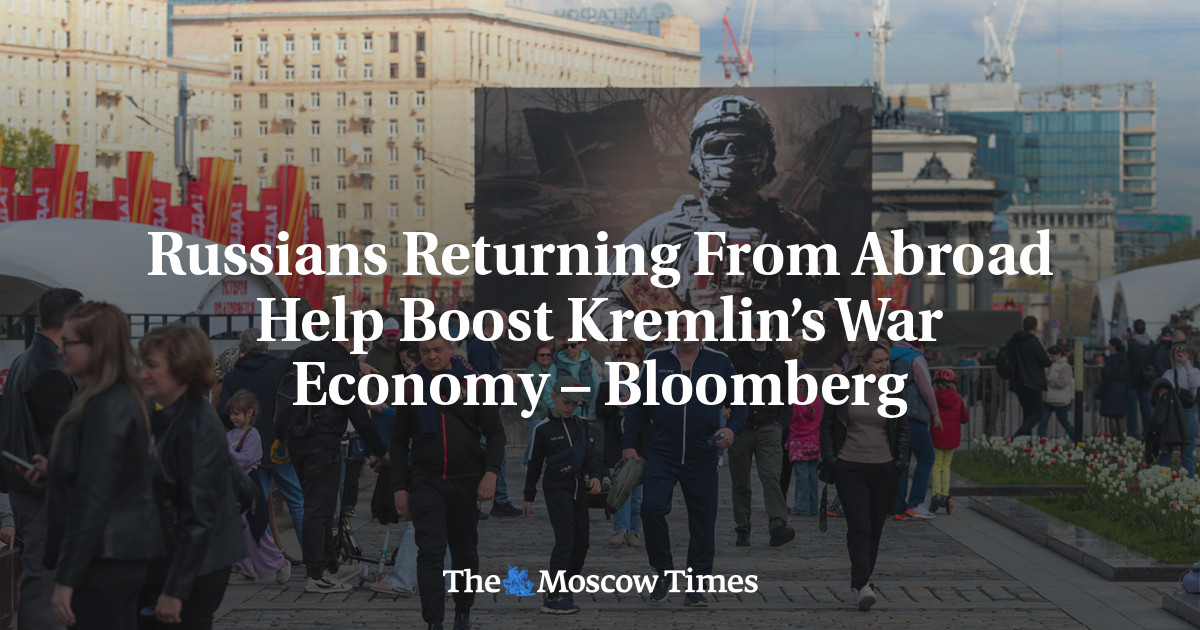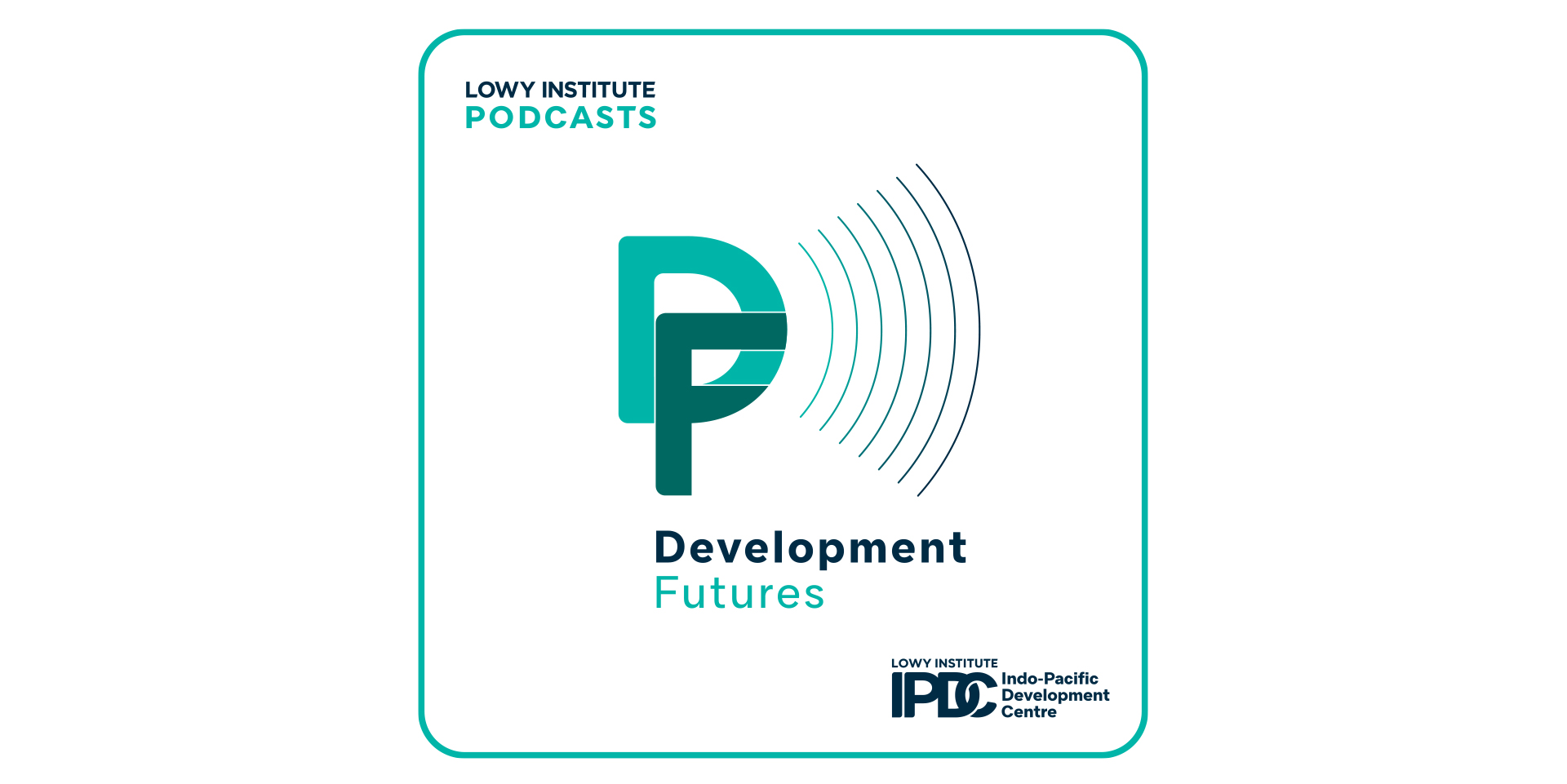According to Bloomberg, an estimated 1.1 million Russians left the country in 2022 due to Western sanctions following the invasion of Ukraine. However, many of these individuals have since returned, contributing significantly to Russia’s economic growth in 2023.
Finion, a Moscow-based relocation firm, reports that between 40% and 45% of those who fled Russia have come back. These returning citizens have played a crucial role in boosting the country’s economy, with many citing difficulties renewing residence permits abroad and facing discrimination as reasons for their return.
Some Russian migrants have expressed feelings of resentment and a belief that Putin was justified in his actions. Sociologist Anna Kuleshova noted that these negative experiences solidify their loyalty to their homeland, while political analyst Tatiana Stanovaya highlighted how Russian propaganda uses comeback stories to fuel the narrative of “Russophobia” in the West.
As the war in Ukraine continues, Russian expatriates are likely to feel increasingly insecure and drive further repatriation. A study by the European University Institute suggests that the process of returning Russian migrants will continue, driven by opposition to the war, economic fears, and a reluctance to be involved in conflict.
Initially, Putin described emigration as necessary social cleansing but later shifted his perspective to emphasize the importance of maintaining connections with Russian expatriates. The return of Russian entrepreneurs and highly skilled workers has been hailed as a positive trend by Putin, providing him with validation for his policies amidst ongoing crisis.
In conclusion, Russia’s economic growth has been significantly impacted by the return of its citizens who initially fled due to Western sanctions following the invasion of Ukraine. These returning migrants have contributed between one-fifth and one-third of Russia’s GDP growth in 2023. While some may harbor resentment towards Putin’s actions or feel they were justified, many others are motivated by difficulties renewing residence permits abroad or facing discrimination even in friendly countries that haven’t imposed sanctions on Moscow.
The sense of insecurity experienced by Russians living abroad is likely to drive further repatriation as long as there is conflict or uncertainty surrounding their home country. The ongoing process will continue with waves of outward migration driven by opposition to war, economic fears and reluctance towards involvement in conflict.
Putin has shifted his perspective on emigration from viewing it as necessary social cleansing to emphasizing its importance in maintaining connections with Russian expatriates. The return of highly skilled workers and entrepreneurs has been seen as a positive trend for Putin’s policies amidst ongoing crisis.


